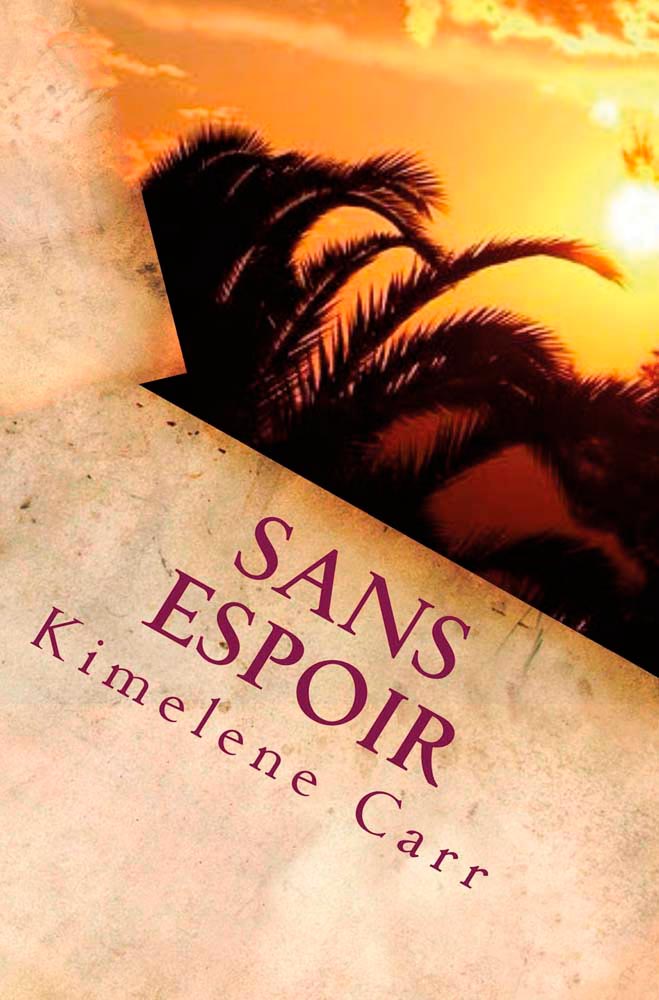Tell No-One About This by Jacob Ross
Peepal Tree Press, 360 pp, ISBN 9781845233525
In these collected short stories, written from 1975 to 2017, Grenada-born, UK-based Jacob Ross draws us into deep contemplations of the changeable human spirit. His work reveals a stalwartly feminist heart: most of the stories busy themselves with the suffering and exultation of women. Some of the best stories layer intersecting female voices. In “And There Were No Fireflies”, Mariana, a bellicose schoolgirl, is dragged to Morne Riposte by her domineering Aunt Dalene, a woman who has the remedy to the trouble brewing in bellies and hearts. The women in Ross’s fictions know there is more than one way to sell love, to secure or jettison children, to keep gods in their prayers and deeds. Tell No-One About This knits narratives with subtle grace: Ross pays attention, and omits nothing in his keen sight.
Brother by David Chariandy
McClelland & Stewart, 192 pp, ISBN 9780771022906
The tremulous gentleness and juddering rage of masculinity lies beneath the surface of David Chariandy’s Brother, a novel executed with uncommon carefulness and quiet dynamism. Brothers Michael and Francis come of age in Toronto’s Scarborough, a community of immigrant bodies, a place in which violence and love jostle for supremacy. Francis, who narrates Brother, flips the reader back and forth in time, revealing staggering loss and consummate tenderness with the language of a man who has both gained and lost fortune. Winner of the 2017 Rogers Writers’ Trust Fiction Prize, Brother is a novel that crucibles and elevates the urgencies of our time. In language that is measured as grains of rice counted out for hungry mouths, Chariandy presents the truth of Canadian survival for people of colour, linking Canada to the Caribbean in roads of abandonment and return.
Infidelities by Sonia Farmer
Poinciana Paper Press, 69 pp, ISBN 9780998915005
Bahamian Sonia Farmer’s poems take to the high seas, and take us along for the journey, giddy and lustily breathless. Infamous Irish pirate Anne Bonny, who plied her trade in the Caribbean ocean, is immortalised herein: “She will / let them ask all the wrong questions because she will be better at / killing. She will learn to live in first person.” In these poems, there are powerful intimations of women’s grief, women’s erotic navigations, and women’s uncivilian needs. The songs of seductresses, pioneers, and untethered souls spill into the recesses this book carves: to receive it is to drink deep from a well of naked wanting. With her hands on the captain’s wheel, Farmer steers Infidelities towards any reader who has, like Jean Rhys’s Antoinette, asked, “Do you think . . . that I have slept too long in the moonlight?”
Sans Espoir by Kimelene Carr
Sherell Bernard, 94 pp, ISBN 9789768271235
Trinidadian Kimelene Carr ushers her reader into the vibrant, titillating unpredictability of life in sweet, sweet T&T. Sans Espoir explores intersecting vignettes of machismo, sexual obsession, religious fervour, and the tempestuous madness stirring at the root of so much human behaviour. Racing through plot developments with the breakneck speed of an illegal drag race, Carr’s novella aims for high emotional stakes, combining intrigue, tabanca, and enough commess to sustain a Caribbean soap opera. Simmering beneath the predictable plotlines of this tragicomic tale are an unspoken discontent with the failures of public office, and resignation to the status quo: both potent lived realities of everyday Trinbagonians. As the six principal characters of this slender drama converge at the fictitious Hope Street Hospital, their movements mirror the sojourns of so many T&T citizens, hoping for some respite from criminality and injustice.






















